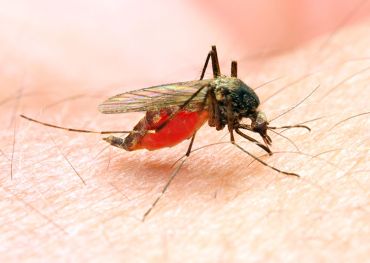Development of a Malaria vaccine - R21/Matrix-M
EU funding has supported University of Oxford led programmes to create and validate vaccines for some of the most prevalent and deadly diseases affecting low- and middle-income countries.
 Close up of mosquito (Shutterstock)
Close up of mosquito (Shutterstock)In late 2022 they found that a vaccine booster dose at one year following a primary three-dose regime maintained high efficacy against malaria, and continued to meet the WHO’s Malaria Vaccine Technology Roadmap goal.
The vaccine is now undergoing further large scale clinical trials in other countries in sub-Saharan Africa, and it is hoped that it will be approved for use by regulatory authorities in the near future.
If approved, the vaccine has the potential to save millions of lives and significantly reduce the burden of malaria in sub-Saharan Africa, where the disease is most prevalent. The vaccine could also inform the creation of future vaccines against other parasites.
This trial was funded by the Multi-stage Malaria vaccine Consortium grant, coordinated by Oxford, part of the EDCTP2 programme supported under Horizon 2020, as well as by the Wellcome Trust and NIHR Oxford Biomedical Research Centre.
Read more: Malaria vaccine becomes first to achieve WHO-specified 75% efficacy goal